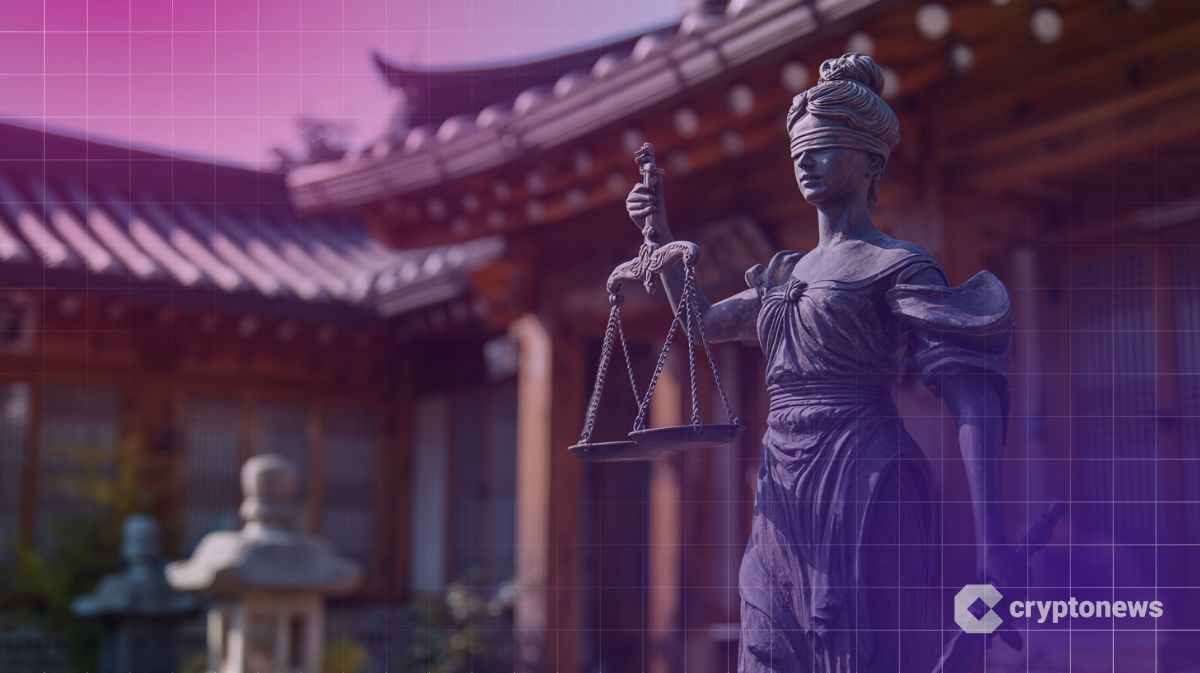FTX customers claim Fenwick & West played key role in exchange’s fraud in amended lawsuit
Disgruntled customers of the now-defunct crypto exchange FTX have proposed amending their lawsuit against Fenwick & West, the exchange’s former legal adviser, citing new evidence that the firm played a key role in the exchange’s collapse.
- FTX customers amended their lawsuit against Fenwick & West, citing new evidence from the exchange’s trial and bankruptcy proceedings.
- Plaintiffs allege the law firm helped design structures that allowed billions in customer funds to be diverted.
- The filing adds state securities law claims in Florida and California over Fenwick’s alleged role in FTX Token sales.
FTX customers submitted the amended filing in court on Aug. 11, claiming that evidence from Sam Bankman-Fried’s criminal trial and FTX’s bankruptcy proceedings shows Fenwick was deeply involved “in the most important aspects of why and how the FTX fraud was accomplished.”
They argued that the exchange’s failure was not only the result of internal misconduct but also the legal structures created and approved by Fenwick.
What does the amended lawsuit allege?
Fenwick provided “substantial assistance” to FTX by designing and endorsing corporate arrangements that allowed billions of dollars in customer funds to be diverted, the group said in its proposed filing.
They accused the firm of representing “conflicted companies” FTX-related entities, such as trading firm Alameda Research, and its subsidiary North Dimension, that “purposefully had no safeguards” to prevent misuse of assets, which the group argues was a central factor in the FTX fallout.
Plaintiffs say former FTX executives, Nishad Singh, Gary Wang, and Caroline Ellison, testified that Fenwick knew about improper loans, false statements, and the misuse of customer funds, and even advised on ways to hide it.
Singh allegedly told the court that he informed Fenwick of these actions and, in turn, “Fenwick advised on how to facilitate and hide these very acts,” the filing noted.
Findings from an independent examiner in the FTX bankruptcy are also included in the filing.
The examiner, after reviewing more than 200,000 documents — many involving Fenwick — reportedly concluded that the law firm had “exceptionally close relationships” with FTX leadership and was “deeply intertwined” in most aspects of its wrongdoing and accused Fenwick of creating shell entities to mask asset transfers and of setting up auto-deleting Signal chats used by FTX executives.
Plaintiffs also accused the law firm of implementing “other concealment practices that regulators and prosecutors later cited as obstruction” and of knowing these actions “would mislead investors and regulators.”
The filing introduces two new claims under Florida and California securities laws over Fenwick’s alleged role in FTX Token sales.
“Fenwick, through its attorneys and under its direction, played an active role in designing, promoting, and facilitating the sale of unregistered securities in the form of YBAs, FTT tokens, and interests in other FTX-controlled instruments to Florida residents,” an excerpt from the filing reads.
Fenwick & West in earlier proceedings
Fenwick’s ties to FTX have surfaced on multiple occasions during Bankman-Fried’s trial in late 2023. The former CEO has testified that the firm, alongside FTX’s in-house counsel, handled critical legal work such as payment agent agreements for Alameda’s North Dimension bank accounts — through which FTX customer deposits were routed.
Bankman-Fried told the court that Fenwick lawyers knew FTX insiders were using encrypted chats with auto-delete, and said he leaned heavily on their legal advice and that of other counsel.
Fenwick, in a September 2023 motion to dismiss, argued it couldn’t be blamed for a client’s actions when its work fell within the limits of representation, and denied every claim in the group’s original filing.
You May Also Like

South Korean Court Jails Two Members of Cross-border USDT Money Laundering Ring

Building businesses, not just hype, defines today’s token launches | Opinion
